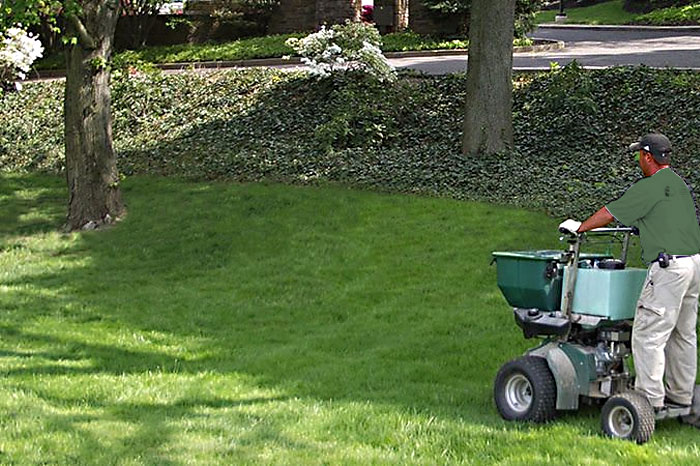United Care Landscaping can take care of all aspects of your landscaping, lawn and garden maintenance, ensuring your new or freshly renovated outdoor space is kept in optimal condition. We can also help you with specialised projects such as preparing your house for sale or making sure your outdoor areas are at their best for an upcoming event or function.
Mowing Lawns
Proper mowing is one of the most important practices in keeping your lawn healthy. Grasses are like most plants— if you clip off the growing points (for grass, it's in the crown, where the new leaves develop), the plants branch out and become denser, which in this case, turns thousands of individual grass plants into a tightly woven turf or a lawn. If you didn't mow at all, your yard would look more like a prairie than a lawn. But the mere act of mowing isn't what makes a lawn look good. Mowing height and mowing frequency determine how healthy and attractive your lawn looks. After all, cutting a lawn is stressful for the grass.
Weed Control
Everyone hates weeds in their garden. Weeds are opportunistic. They take advantage of favorable conditions. If your lawn is suffering from situations such as drought stress, insect damage, disease damage, improper mowing, or improper fertilization, weeds will usually take over. There are many methods available to control pest plants. Often one method will not be sufficient to control serious weeds. Weeds typically produce large numbers of seeds, assisting their spread. They are often excellent at surviving and reproducing in disturbed environments.
Pest Control
Each year North American homes use approximately 136 million pounds of pesticides on lawns and gardens, and in the home. In fact, homeowners use about three times the amount of pesticides as farmers. Most wildlife pest poisonings, and most surface water contamination from pesticides, come from single-family homes. Natural pest control is less expensive than buying and applying pesticides, and it's safer for your garden, your family, the natural wildlife and the environment. But inevitably, whenever we plant, we'll always attract less welcome insects into our gardens. This is when we intervene using organic pesticides and only when needed chemical pesticides.
Fertilize/Shrubs and Turf
In many neighborhoods, people envy the individual with the most beautiful lawn and think they cannot grow a lawn of equal quality. That is not necessarily true. By far, the best approach to a proper fertilization program is to start with a soil test. All plants require certain chemical elements for proper growth and appearance. Of these nutrients, at least 16 are known to be essential elements. All essential elements except carbon, hydrogen, and oxygen are obtained from the soil and absorbed by plant roots. If inadequate nutrients are available in the soil, turfgrass growth and quality may be limited. However, essential elements can be added to a soil through fertilizer applications.
Pruning shrubs and trees
Proper pruning enhances the beauty of almost any landscape tree and shrub, while improper pruning can ruin or greatly reduce its landscape potential. In most cases, it is better not to prune than to do it incorrectly. In nature, plants go years with little or no pruning, but man can ruin what nature has created. By using improper pruning methods healthy plants are often weakened or deformed. In nature, every plant eventually is pruned in some manner. Pruning, like any other skill, requires knowing what you are doing to achieve success. The old idea that anyone with a chain saw or a pruning saw can be a landscape pruner is far from the truth. More trees are killed or ruined each year from improper pruning than by pests.
Irrigation Check
It is important to check the performance of both old and new micro-irrigation systems. Old systems need checking because their efficiency decreases as they age and wear. New systems (or near new) need checking to ensure they are performing as designed. When everyone is advising that you make sure that your irrigation system is operating efficiently, what does that mean? Essentially, that you get out there and look at what your system is actually doing, as opposed to assuming it's operating as it should. As basic maintenance you should already be checking key things at the start of the season, such as that there are no leaks and that your sprinklers/emitters are working.







